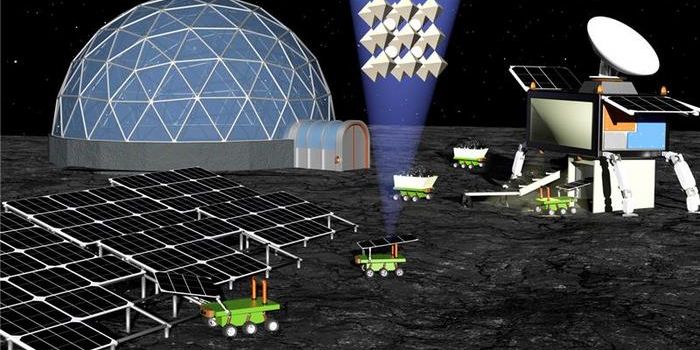US Air Force Wants to Drop Bombs on Hawaiian Cetaceans
The US Air Force is trying to get permission to use an area off of the north of Kauai, Hawaii as a test spot to drop 100 bombs each year over the next five years.If approved, the tests would last from September 2017 through August 2022. The bombs are approximately 300 pounds each and marine biologists fear that such large explosions will harm the cetaceans in the area.
The Air Force has requested permission to harm 637 whales and dolphins for the purpose of testing the bombs. If the National Marine Fisheries Service (NOAA-Fisheries) approves their request, dozens of marine mammals would suffer from deafening, which impacts their ability to communicate with each other, key to their survival. Species predicted to be affected include the humpback whale, sei whale, minke whale, and Fraser dolphin.
Several species of dolphins and whales are apex predators in ocean systems, which means that at the top of the food chain, their presence has a grand impact on keeping the balance within the rest of the ecosystem. If their populations were to be affected (as seems inevitable) by the bombing, other species populations would be affected also, which ultimately would impact not only the natural structure of marine ecosystems, but also global commercial fisheries.
The Air Force has proposed protecting the marine animals by looking for them on the surface of the water, where the bombs will be drops. While this may help avoid direct collisions with the animals, the 15,000 deep waters in the area would make it difficult to adequately scan the waters to prevent bomb droppings in regions where the cetaceans reside.
"At the very least, the Air Force should use the Navy's network of hydrophones (or underwater microphones) to help detect these vulnerable species around its bomb site," said Michael Jasny, a leading expert in the law and policy of ocean noise pollution and director of the Marine Mammal Protection Project for the Natural Resources Defense Council (NRDC). "And it should keep to the northern end of the training area, where the islands’ resident whales and dolphins are less likely to go. Otherwise, the Air Force would be taking unnecessary risks in one of the most remarkable spots for marine mammals on the planet."
Although the public comment period on this proposal is over, you can still contact the NMFS via ITP.McCue@noaa.gov. If you would like to stand up for animals impacted by ocean noise, you can add your name here. Additionally, you can also sign a petition here to urge NOAA-Fisheries to block these plans by the U.S. Air Force.
Source: The Dodo, One Green Planet, The Petition Site









